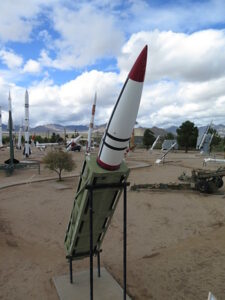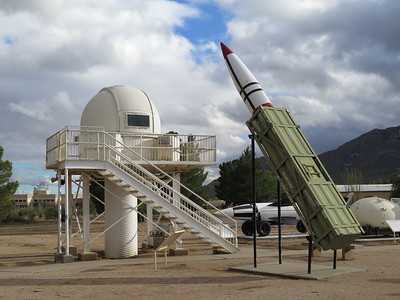The CEO of seven-year-old startup ABL Space Systems made a big announcement on social media last night: The company will no longer focus on the commercial launch market, and will instead pivot to missile defence.
ABL has been developing a small launch vehicle called the RS1 and a mobile ground system designed to fit inside a shipping container, with the goal of bringing truly portable, responsive launch to market for the first time. To that end, the startup has invested significant capital in developing technology internally, including a new rocket engine, and in infrastructure; they have three test sites, two factories, and a launch site across three different states.
That growth has come at a significant cost: In total, ABL Space has raised $461 million, with more than half of that coming from a $372 million Series B funding round in 2021 that valued the company at $2.4 billion.
But the startup has struggled to get the RS1 off the ground. During the first flight test in January 2023, the rocket’s nine engines automatically shut down shortly after liftoff, causing it to fall back to Earth, crash into the launch pad and be destroyed on impact. Ahead of the second flight campaign last July, ABL said the rocket suffered a serious anomaly during pre-flight testing that led to the loss of the vehicle.

However, ABL founder and CEO Dan Beaumont said in an announcement posted on X and LinkedIn that those failures “[strengthened] our technological readiness.” Instead, he said the reason the company decided to pivot was due to changes in the launch market. ABL did not respond to TechCrunch’s request for an interview.
“Over the past few years, we have seen our ability to make a meaningful impact in the launch industry diminish,” Beaumont said. “To succeed in such a demanding endeavor as scaling an orbital launch program, you need deep motivation around your mission and potential impact, from many stakeholders. As the launch market has matured, that motivation has diminished and our path to making a significant contribution as a commercial launch company has narrowed dramatically.” At the same time, Beaumont says, the company has realized that the United States is ill-equipped to respond to missile threats: “We realized that ABL technology could help solve these problems by introducing new capabilities with more test ranges, more frequent flights, and more creative research and development. We became convinced that meeting these needs required the company to focus singularly on the mission, rather than treating it as just an additional line of business.”
Missile defense is a major investment area for the Pentagon: The department’s fiscal 2025 budget allocates $13.5 billion for missile defense programs, such as tactical interceptors and counter-missile technology. Even a fraction of that funding could make it worthwhile for ABL—if it can navigate the notoriously tough government sales environment.
